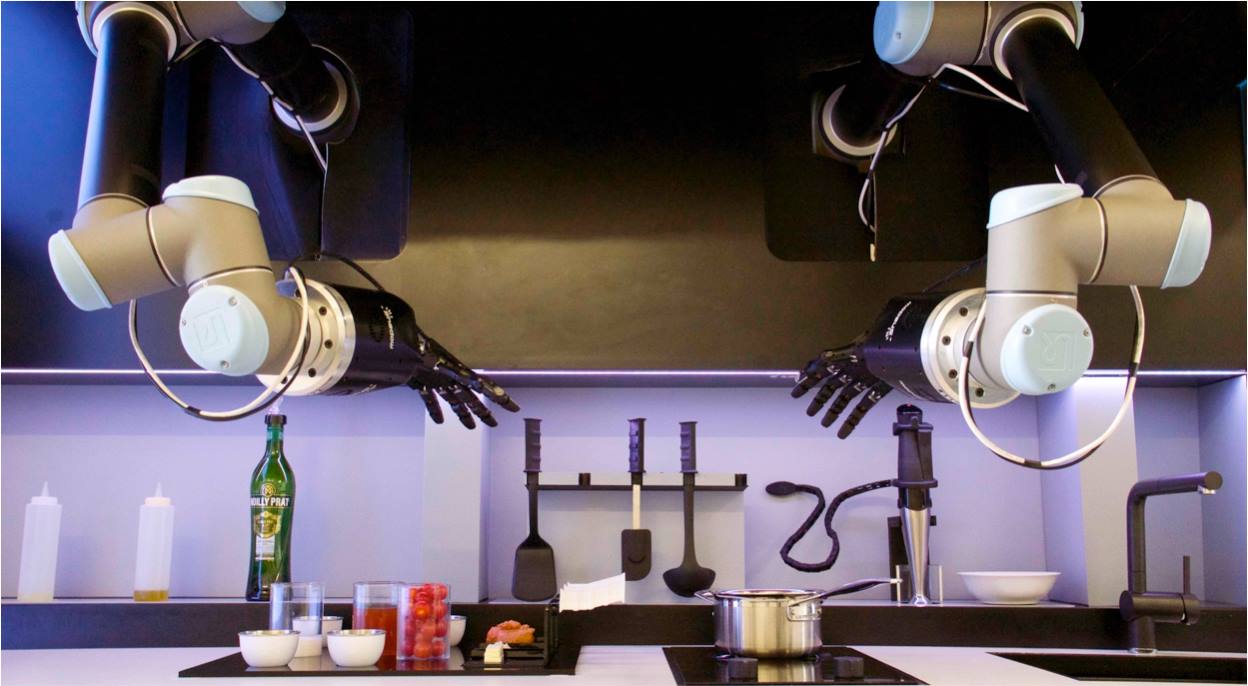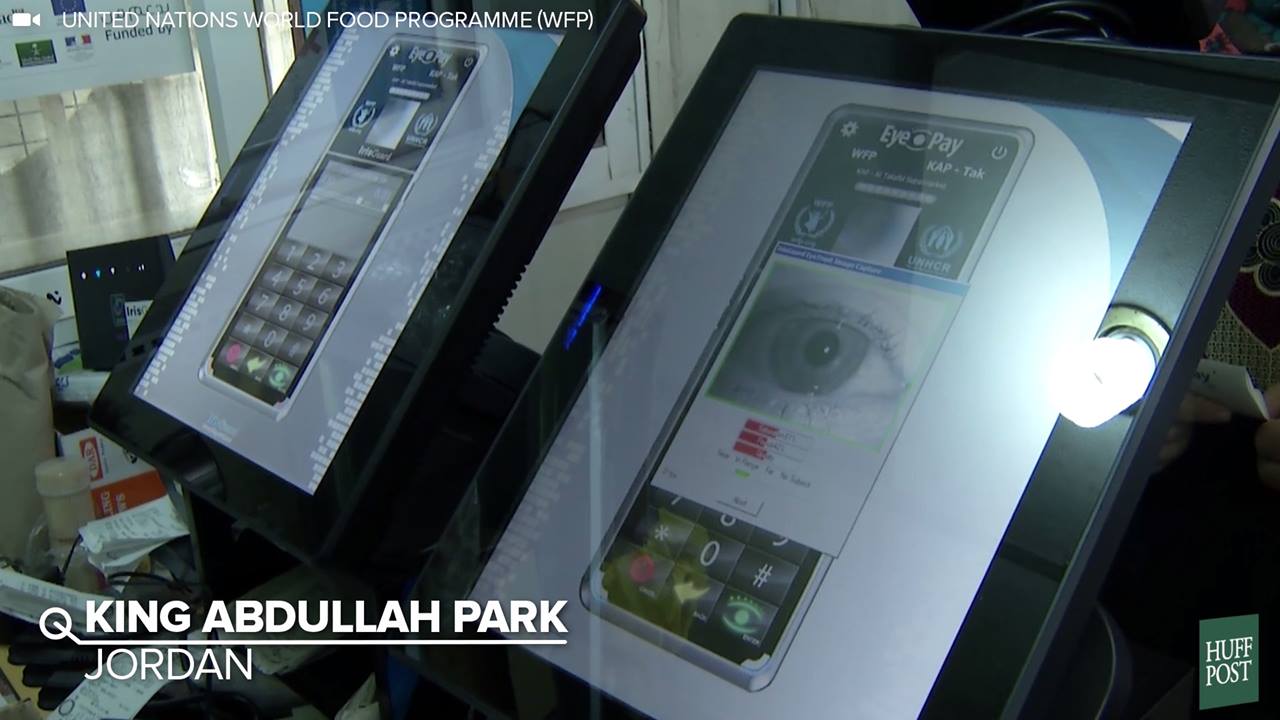Researchers have created an edible treat from plastic waste. For real.



Some people might throw enough parties, or have the capacity to kill entire bottles of wine in just a night, but for the others, the rest of the stored wine changes taste and appeal over the next few days to the point where it’s demoted to giving body to your stew.
The Kuvee wine bottle provides a possible solution of the latter problem. More like a smart wine sleeve, than a smart wine bottle, it solves the two biggest problems when it comes to storing wine: exposing them to air and light. It stops the sun by storing the wine in metal bottles and it stops the air by vacuum sealing the wine. No air in or out. As for the temperature part, you have to manage the rest.
You slip it over the bottle of wine you’d like to imbibe and it is wifi enabled, giving you all sorts of important details: how much wine is left, what kind of wine you’re drinking, and what vineyard it’s from.
The is a Space Technology Conference and Exhibition, taking place in London on 7–8 April 2016. It is set to showcase the most cutting edge technologies and uses of Space Technology providing insight from over 50 speakers sharing their unparalleled industry knowledge and real-life experiences.
This year’s Space Innovation Congress will be highlighting the most innovative advancements in Space technology and will look at how these are being applied to many industry verticals from farming to banking, and the practical case studies that are coming out of these projects.
With user cases with dedicated tracks covering the entire Space exploration and Earth observation ecosystems: Satellites, Big data, Crop monitoring, Space debris, Maritime surveillance, Space weather and its impact on banking systems, Biomedical, Commercial space collaboration and Telecoms.
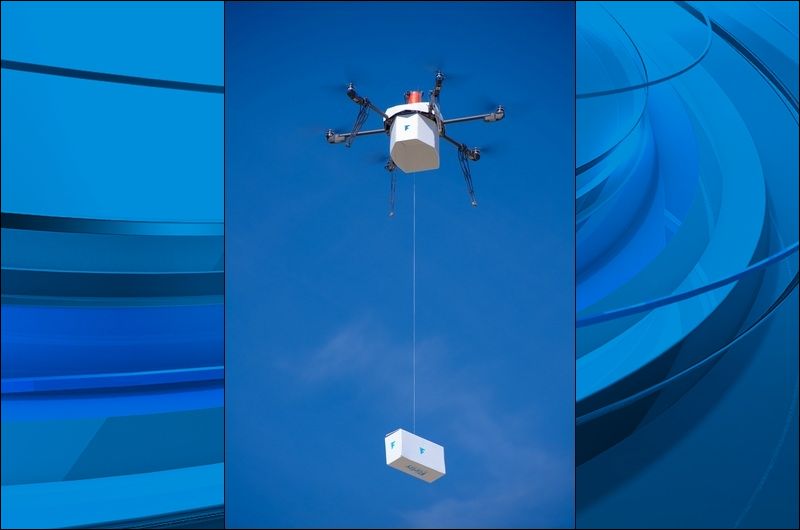
RENO, Nev. (AP) — A Nevada firm says one of its drones has successfully completed the first fully autonomous package delivery in a residential area in the U.S.
Flirtey CEO Matt Sweeney says the six-rotor drone flew about a half-mile along a pre-programmed delivery route on March 10. It lowered the package outside a vacant residence in an uninhabited area of Hawthorne, southeast of Reno. The route was established using GPS. A pilot and visual observers were on standby during the flight but weren’t needed.
The package included bottled water, food and a first-aid kit.
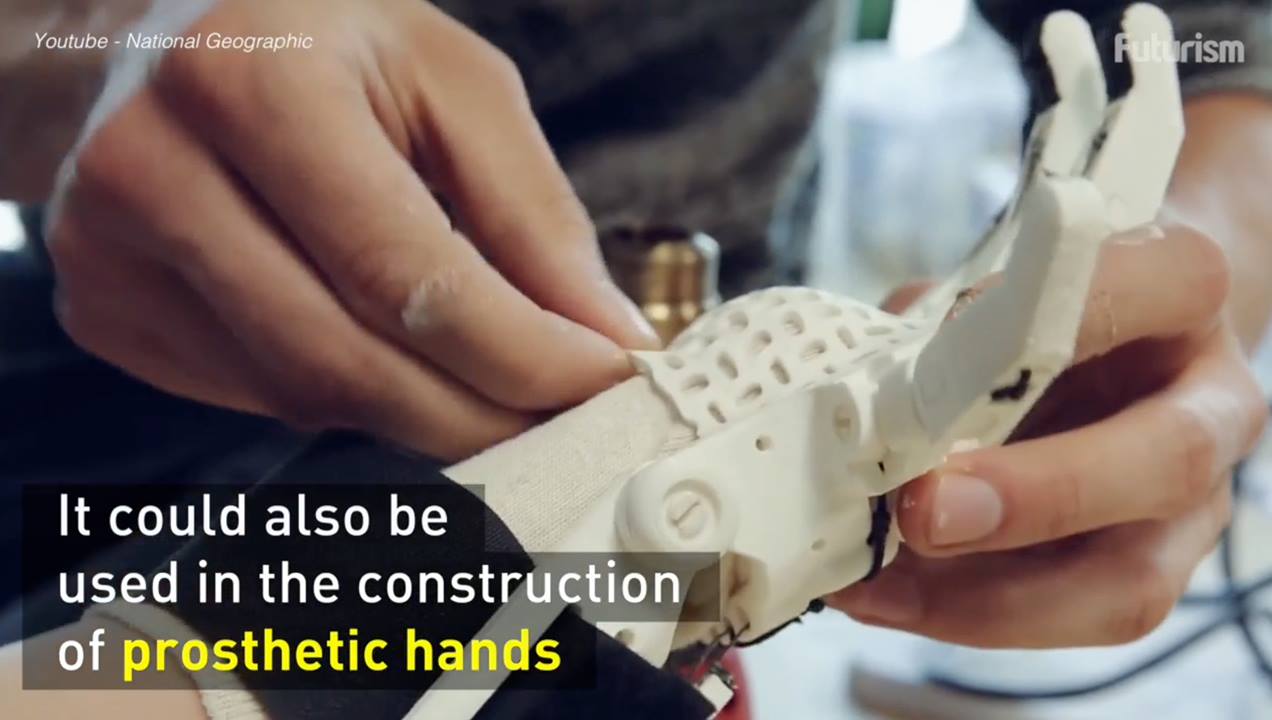

Researchers at the ASU School of Life Sciences may have found a way to improve crop performance and yield with the help of some new biotechnology. They’ve discovered a method to enhance a plant’s tolerance to stress, which could help them survive inclement conditions and still produce food.
The world’s population is currently exploding. There is already well over 7 billion people on Earth, and that number is expected to grow even larger in the next few years. This means that feeding the human race will become more of a challenge in the coming decades.
As the human population grows, climate change is taking its toll. Weather conditions are shifting in areas that are usually used to grow crops, which means that plants in those areas may not produce as much as they normally would. Drought, abnormal heat and other conditions could cause farms to lose production.

FRIDAY, March 25, 2016 — Brain stimulation may ease major symptoms of the eating disorder anorexia nervosa, a typically hard-to-treat condition, a new study suggests.
British researchers evaluated anorexia patients before and after they underwent repetitive transcranial stimulation (rTMS), a treatment approved for depression.
“With rTMS we targeted … an area of the brain thought to be involved in some of the self-regulation difficulties associated with anorexia,” study first author Jessica McClelland, a postdoctoral researcher at King’s College London, said in a school news release.
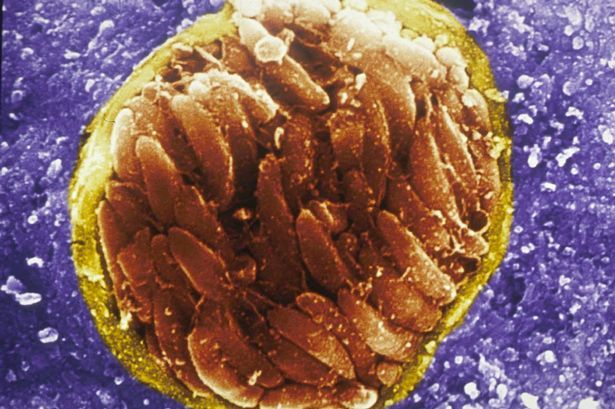
“We don’t yet understand the mechanisms involved — it could be an increased inflammatory response, direct brain modulation by the parasite, or even reverse causation where aggressive individuals tend to have more cats or eat more undercooked meat”.
The study looked at 358 adults, and found that chronic latent infection with T. gondii is associated with intermittent explosive disorder and increased aggression. Antibodies were collected between 1991 and 2008.
University of Chicago researchers say a parasite commonly spread from cats to humans may play a role in impulsive aggression. Approximately 16 percent of those in a “other psychiatric conditions” organisation had a infection, though reported identical exam scores in charge to a healthy group.
